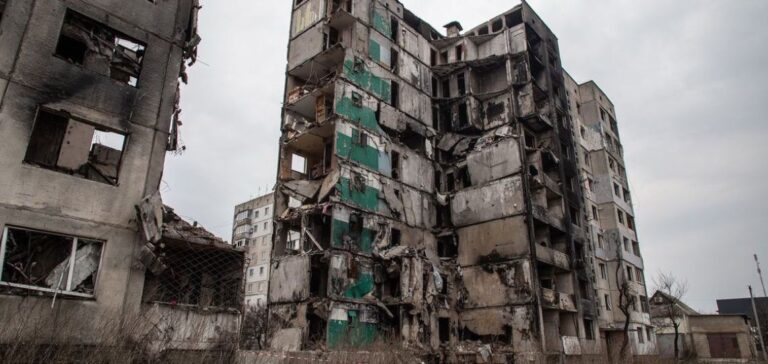Last Friday, an attack on an unprecedented scale targeted Ukraine’s energy network. Guerman Guerachtchenko, Ukraine’s Energy Minister, called the strikes “the biggest attack” since the start of the Russian invasion. Last Friday’s assault on Ukrainian energy infrastructure is described by Guerachtchenko as unprecedented since the invasion began in February 2022. Kharkiv, hit hard, suffered extensive power cuts, whilean attack also disrupted one of the two power lines supplying the Zaporijjia nuclear power plant. Although the final assessment of the damage is still underway, the Minister anticipates repair costs in the billions, underlining the scale and financial significance of the destruction.
Continued strategy of attacks on the energy network
The strikes against the energy network did not stop with this event, Guerachtchenko said. He reported continued attacks, including against the Odessa region, causing further blackouts. These repeated actions demonstrate a strategy to weaken Ukraine by destabilizing its energy infrastructure, revealing the persistent security challenges facing the country.
Reinforcing infrastructure defense
Guerachtchenko stressed the importance of strengthening Ukraine’s anti-aircraft defense to effectively counter these assaults. The latter presents the reinforcement of air defense as an imperative to ensure the protection of critical infrastructures and maintain national energy security.
Statements by Ukrainian Energy Minister Guerman Guerachtchenko highlight the security and economic challenges posed by recent Russian attacks on energy infrastructure. The repair costs, running into billions, and the urgent need to reinforce anti-aircraft defense are central issues for Ukraine in its efforts to preserve energy security and rebuild after the conflict.






















